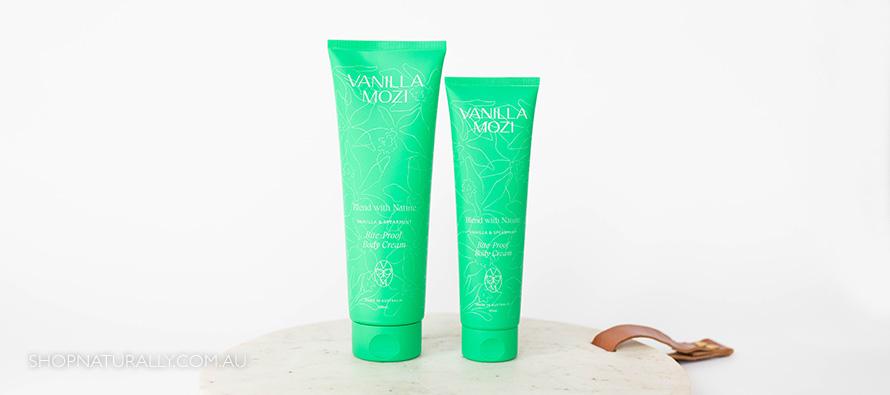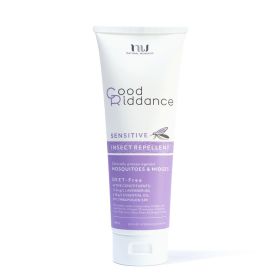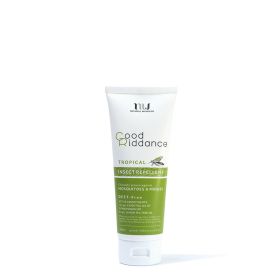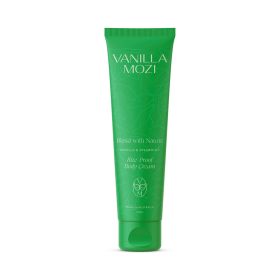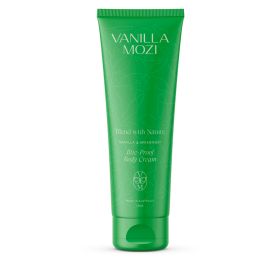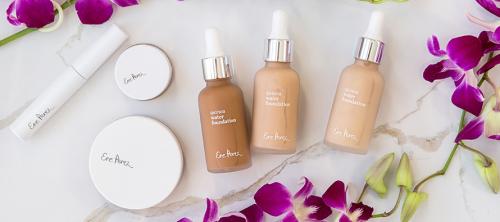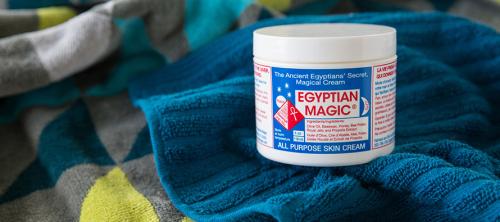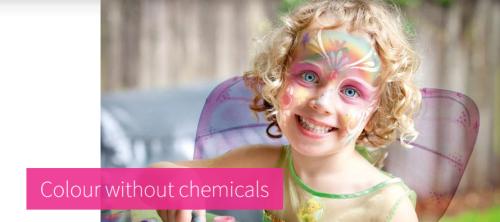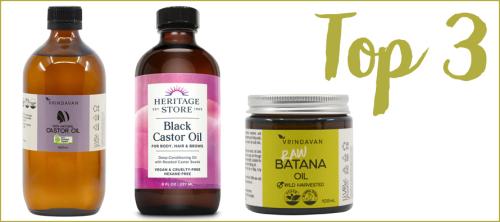Natural Mosquito Repellent Australia regulations
It's that time of the year when sales for natural mosquito repellent in Australia climb when the bugs come out to play, especially in tropical weather. Like sunscreen in Australia, insect repellent is regulated by a governing body. Sunscreen is under the control of the TGA (Therapeutic Goods Administration) but insect repellent falls under the the APVMA (Australian Pesticides and Veterinary Medicines Authority).
Twice this month I have been approached by new brands who make natural insect repellent that is not registered with the APVMA, which is illegal in Australia. If the small artisan brands making it don't know the legalities, chances are you don't either, which is understandable.
According to this APVMA brochure about natural insect repellent, it is illegal to advertise or sell unregistered insect repellents in Australia. Because of this, the products in our repellent category fall in to one of three categories.
- The product is registered with the APVMA
- The product isn't called an insect repellent but will have a name like 'Outdoor Body Balm' or 'Outdoor Body Cream'
- The product isn't designed to repel, but to soothe your skin after a bite, so they are not regulated
How does a natural insect repellent work?
Vanilla Mozi is one of the brands that falls in to option 2, they are not called an insect repellent. Here's a summary of how they explain their product. After all, the end results is that you don't get bitten by a mozzie, and you don't have to kill them or use DEET to achieve that.
Vanilla Mozi is described as an Outdoor Body Cream. While many products are sprays, lotions serve another purpose, to moisturise your skin and to carry the scent of the essential oils used for longer through the use of organic waxes and butters in the cream as opposed to a spray.
Their cream masks the human odour profile in to a botanical scent that is then unappealing to insects like mozzies. They manage to do this by being Australian Made and Owned, in a vegan formula, with no pesticides, palm oil or parabens.
How does a mainstream insect repellent work?
From an interesting read of an article from the CSIRO, the formula that Aerogard originally used was created by an employee of the CSIRO and was passed on freely to Mortein in the 1960's. Today, the strongest product in the Aerogard range uses 40% DEET and offers 12 hour protection and is delivered in aerosol cans.
In the world of natural products, DEET is an ingredient avoided. Like most things, there's conflicting information online about the safety. We read reports that it's safe to use for kids over 2 months and others that it can be absorbed through your skin, and if it ends up in water or food, it will be absorbed by your digestive tract, which is more of an issue for animal usage than humans. In the EU, many DEET products over a certain level (we think it's 10%) have been banned.
Regardless of where you stand, there are plenty of natural insect repellents that are registered with the APVMA that will do the job of protecting you from mozzies without the use of DEET if you are at all concerned.
Why do mozzies bite us?
It's the females that bite us and they're doing it to get to the protein in our blood to make their own eggs to reproduce. They are attracted to the smell of our skin, so masking the smell and making ourselves unappealing to them is the best way not to get bitten.
How do you use mosquito repellent correctly?
Queensland Health have an article about how to apply mosquito repellent correctly to ensure it's doing its job. Apply to all areas of exposed skin in an even coat. It's that simple. Re-apply as per the brands information, depending on the strength.
